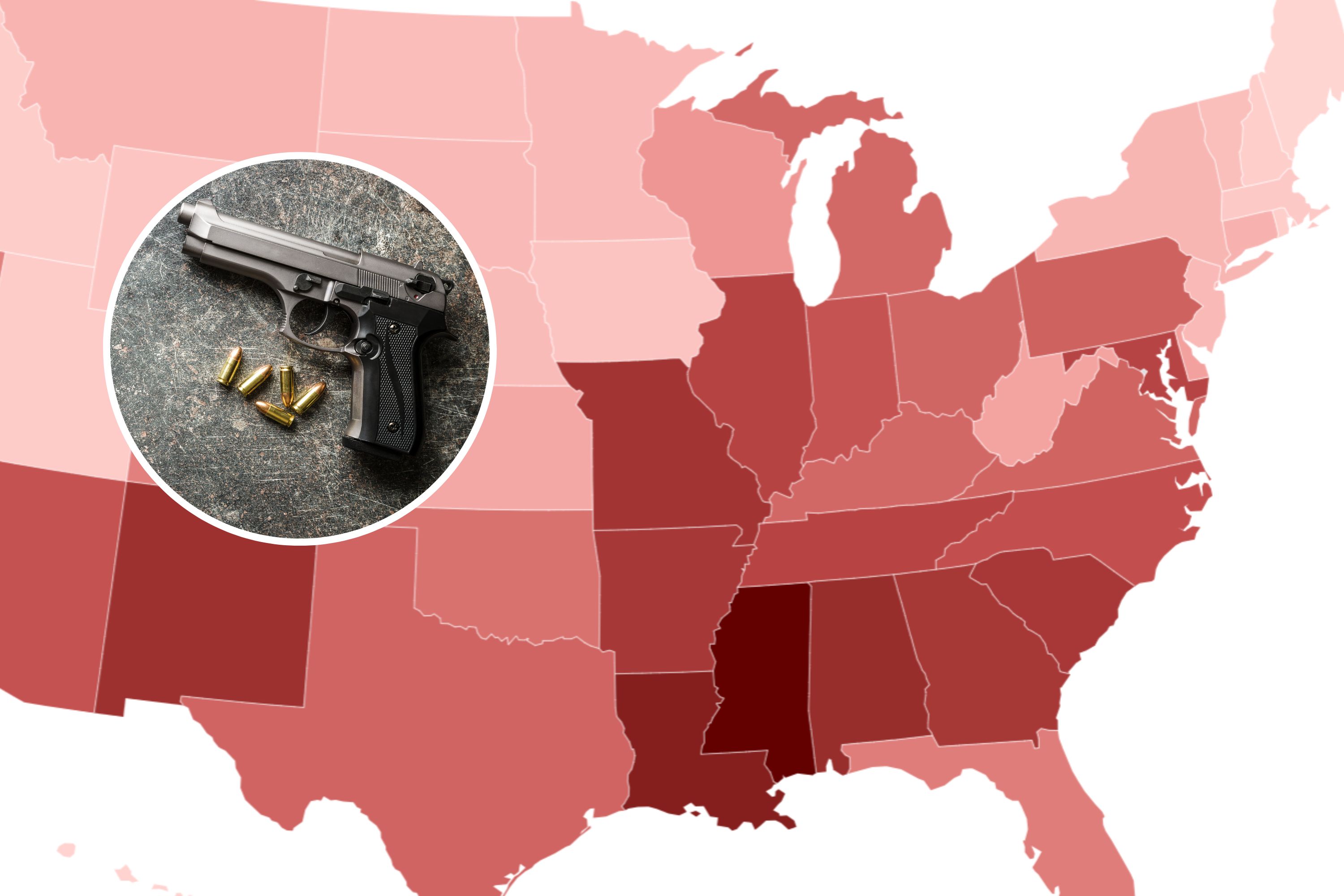Hundreds of protesters gathered outside of the courts in London as a 13-year legal battle ensued inside for WikiLeaks founder Julian Assange allegedly spying in the U.S. People with bullhorns shouted.
They held signs reading "Assange goes, free speech and the truth go with him" and jail time is "for war crimes not for whistleblows."
A child even made a sign out of Lego blocks.
Assange, 52, won the right to appeal his extradition to the U.S. on Monday at London's High Court. He faces charges related to WikiLeaks' publication of classified documents.
The Australian editor has been held in high-security custody in a London prison since 2019.
Assange, who was born Julian Paul Hawkins and has been hacking since he was at least 16, told the court he might not be able to rely on his right to free speech at a trial in the U.S., according to Reuters. Two judges at the High Court gave Assange permission to appeal in order to hear his argument.
The crowd of demonstrators outside cheered.

Assange's legal team said if he lost, he would be on a plane to the U.S. within 24 hours, according to Reuters.
His lawyer Edward Fitzgerald has said Assange would not face the death penalty because the U.S. had provided an "unambiguous promise not to charge any capital offense."
U.S. prosecutor James Lewis has said Assange would not be discriminated against in a hearing.
What is WikiLeaks?
The media organization was founded in Australia in 2006 to leak documents. The non-profit has been funded by donations and media partnerships. Assange was allegedly inspired by Daniel Ellsberg's release of the Pentagon Papers in 1971.
WikiLeaks describes itself as "an uncensorable system for untraceable mass document leaking" with the hope to "bring important news and information to the public."
The website states it has released over 10 million documents. The most recent publication was in 2021.
WikiLeaks released footage of the 2007 Baghdad airstrike. Iraqi Reuters journalists and several civilians were killed by a U.S. helicopter crew.
The non-profit has published thousands of U.S. military field logs from the wars in Afghanistan and Iraq. There have been leaks around corruption in Kenya and at Icelandic fishing company Samherji, surveillance of the French president by the National Security Agency, as well as emails from the governments in Syria and Turkey.
In the past, WikiLeaks won awards and was commended for his expositions to increase transparency.
Even still, many have tried to discredit WikiLeaks. In 2010, The Guardian wrote there was "some evidence of low-level attempts to smear Wikileaks," including accusations involving money.
In 2010, PayPal suspended the WikiLeaks account following a letter from the U.S. State Department calling the organization's activities illegal in the country.
Two years later, WikiLeaks took credit for a fake New York Times website and article that was falsely attributed to Bill Keller.
The organization helped Edward Snowden, who leaked high classified National Security Agency (NSA) information, leave Hong Kong.
WikiLeaks promoted several conspiracy theories during the 2016 U.S. presidential election. One theory was that the Democratic party murdered staffer Seth Rich.
In 2017, it was revealed WikiLeaks' Twitter account was corresponding with Donald Trump Jr. during the 2016 presidential election. The Atlantic reported that WikiLeaks urged the Trump campaign to reject the 2016 results if Trump was to lose. The organization tweeted articles suggesting Hillary Clinton's campaign chairman John Podesta took part in satanic rituals. Other posts were criticized for being antisemitic.

Arresting Julian Assange
Ernst Uhrlau, former president of BND in Germany, threatened WikiLeaks with criminal prosecution in 2008 if it did not remove reports related to the intelligence agency.
Police raided the WikiLeaks Germany offices in 2009.
Former Australian Prime Minister Julia Gillard denounced Assange's work in 2010.
"I absolutely condemn the placement of this information on WikiLeaks website - it's a grossly irresponsible thing to do," she said at the time.
The NSA added Assange to its Manhunting Timeline in 2010. Harold Koh, the legal adviser of the Department of State, wrote that the leak of U.S. diplomatic cables was "provided in violation of U.S. law and without regard for the grave consequences of this action" and that "as long as WikiLeaks holds such material, the violation of the law is ongoing."
The NSA had discussed categorizing WikiLeaks as a "malicious foreign actor."
Sweden issued a European arrest warrant for Assange in 2010. He lost the appeal, breached bail and took refuge in the Embassy of Ecuador in London.
In 2019, Assange's asylum was withdrawn following disputes with Ecuadorian authorities. Police were invited into the embassy, and he was arrested. Assange was found guilty of breaching the Bail Act and sentenced to 50 weeks in prison.
The U.S. unsealed an indictment charging Assange with conspiracy as well as violating the Espionage Act. The U.S. has tried to extradite Assange since 2019.
In 2017, Attorney General Jeff Sessions said the U.S. government was prioritizing arresting Assange.
"We have professionals that have been in the security business of the United States for many years that are shocked by the number of leaks and some of them are quite serious," he had said. "So yes, it is a priority. We've already begun to step up our efforts and whenever a case can be made, we will seek to put some people in jail."
The following year, the Democratic National Committee filed a multimillion-dollar lawsuit in Manhattan against Russia, the Trump campaign, WikiLeaks and Julian Assange on the alleged conspiracy theories.
Media organizations reported in 2019 that journalists received a "confidential legal communication not for publication" with a list of 140 things not to say about Assange.
Uncommon Knowledge
Newsweek is committed to challenging conventional wisdom and finding connections in the search for common ground.
Newsweek is committed to challenging conventional wisdom and finding connections in the search for common ground.
fairness meter
To Rate This Article
About the writer
Monica is a Newsweek reporter based in Boston. Her focus is reporting on breaking news. Monica joined Newsweek in 2024. ... Read more





